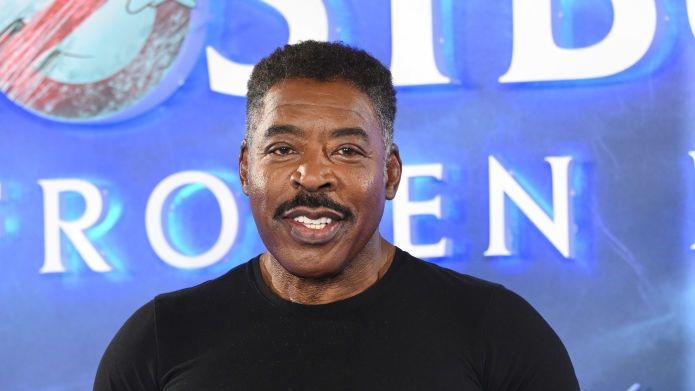Do black actors suffer racism all the time? If new actors and a certain disgraced princess of the British Royal Family are asked, they will most certainly say yes. But what about the veterans?
At the 2022 Cannes Film Festival panel discussion, Viola Davis, a four-time Oscar winner, delivered a ranty speech where she attributed her delayed success in Hollywood to racism.
Join us on Telegram: https://t.me/tfiglobal
She discussed her personal experiences of racist treatment and microaggressions within the industry. While Davis’s stance is reflective of a broader sentiment where numerous actors cite racism as a barrier to their career progression, attributions to racism are often viewed skeptically. Modern actors are often quick to attribute challenges to racism, a perspective that contrasts with the approaches of some veteran actors. For instance, Ernie Hudson, renowned for his role in “Ghostbusters,” recently challenged a reporter’s suggestion that racism played a part in any professional hardships he experienced. Hudson’s response underscores a divergence in how actors perceive and react to the complexities of racial dynamics in Hollywood.
In a detailed interview with The Independent, centered around the release of “Ghostbusters: Frozen Empire,” Ernie Hudson provided insights into his journey reprising the role of Winston Zeddemore, a character he originally portrayed in the 1984 film. The report illuminated the casting dynamics, revealing that Eddie Murphy, a global comedic icon at the time, was initially offered Hudson’s role but declined. This opened the door for Hudson, then lesser-known, to join the cast. However, Hudson faced challenges, notably the progressive reduction of his character’s screen time during production, with Winston not appearing until the second act. Despite the interviewer’s questions hinting at a racial undertone for these decisions, Hudson did not ascribe his experiences to racism. He articulated a nuanced view.
Read More: What’s cooking between Meloni and Ursula?
Hudson emphasized that multiple factors contribute to such outcomes, suggesting that had Murphy accepted the role, the circumstances, including compensation, might have significantly differed. This reflection by Hudson highlights a discerning perspective on navigating the entertainment industry’s challenges, without simplistically attributing them to race.
When “Ghostbusters” entered production, Ernie Hudson was relatively unknown, especially compared to co-stars Bill Murray, Harold Ramis, and Dan Aykroyd, who had already garnered fame through “Saturday Night Live,” previous cinematic successes, or both by 1984. Unlike his co-stars, Hudson was still establishing his foothold in the industry as a working actor, not yet a familiar figure like Murray, Murphy, Aykroyd, or Ramis. This disparity was highlighted in a Fox News story, which also referenced a 2020 interview where Hudson shared his perspective, acknowledging his early career status at the time of “Ghostbusters.”
He noted the production’s reliance on three established stars, contrasting it with his nascent stage in the industry, underscoring the differences in their professional standing during the film’s production.
Read More: Ursula is turning the EU into a MADDER NATO
Ernie Hudson, in an insightful dialogue, shed light on the economic pragmatism governing the film industry, suggesting that studios, aiming to maximize profit, naturally incline towards minimizing expenses. He reasoned that this fiscal strategy might lead to less renowned actors receiving lower compensation—a practice he experienced firsthand. In a revealing 2014 interview with The Guardian, Hudson shared a powerful perspective on facing adversity, specifically the implications of attributing career challenges to racism. He argued that blaming racism strips an individual of empowerment, leaving no room for personal growth or actionable insights. This stance is particularly poignant in an era where allegations of victimhood are common in Hollywood, often without substantive scrutiny of the circumstances. Hudson’s reflections offer a stark contrast to instances like Don Lemon’s attribution of his dismissal by Elon Musk to racism and other biases, which have been countered by suggestions of Lemon’s alleged diva-like behavior. Hudson’s approach emphasizes personal agency and the importance of discerning the multifaceted nature of professional setbacks, beyond simplistic attributions to racism.
Ernie Hudson’s interview reflects a mature view on race relations, similar to veterans like Morgan Freeman and Billy Dee Williams. Despite facing racism, they refused the victim narrative, contrasting with some younger actors. They pursued success on merit, recognizing that not all challenges stem from racism. This approach acknowledges racism’s reality but emphasizes it’s not the sole explanation for professional difficulties. Hudson’s perspective highlights that in Hollywood, business motives often outweigh racial biases, offering a pragmatic take on navigating industry challenges.
